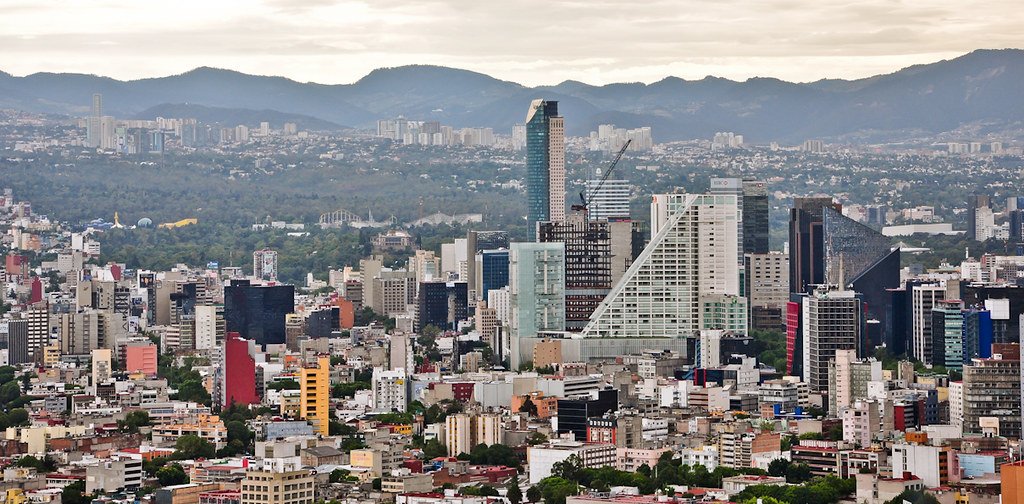Navigating Healthcare Abroad: A Guide for Expat Retirees
Retiring abroad offers adventure, affordability, and a better quality of life for many expatriates. However, navigating healthcare in a foreign country can be a complex challenge. From securing international health insurance to understanding local medical systems, expat retirees need to be well-informed to ensure their well-being. This guide will help you make informed healthcare decisions as you transition into retirement abroad.
1. Understanding International Healthcare Systems
Healthcare systems vary widely across countries. Some offer universal healthcare, while others rely on private healthcare services. Before moving, research the healthcare quality, availability, and costs in your chosen retirement destination. Consider factors such as:
- Public vs. private healthcare options
- Accessibility of English-speaking doctors
- The quality of hospitals and clinics
- Availability of specialized care
2. International Health Insurance: What You Need to Know
Many countries require proof of health insurance for residency permits. Expat retirees have several options:
- Local Health Insurance: Some countries allow expatriates to join their national healthcare system, often at a lower cost.
- International Health Insurance: Provides comprehensive global coverage, including emergency medical evacuation.
- Travel Insurance: Useful for short-term stays but not ideal for long-term healthcare coverage.
When selecting a policy, consider coverage for:
- Routine medical visits
- Hospitalization and emergency care
- Pre-existing conditions
- Prescription medications
- Medical evacuation and repatriation

3. Accessing Medical Services Abroad
Once settled, knowing where and how to get medical treatment is crucial. Steps to take include:
- Finding a primary care physician
- Identifying nearby hospitals and emergency facilities
- Understanding the local emergency response system
- Registering with an embassy or consulate for assistance during emergencies
Many expats opt for private healthcare services to ensure quicker access to specialists and higher quality treatment. Some countries also offer medical concierge services for expatriates.
4. Medical Tourism: An Affordable Healthcare Alternative
Medical tourism is an option for retirees seeking high-quality healthcare at a lower cost. Countries such as Thailand, Mexico, and Costa Rica have reputable medical facilities that cater to international patients. When considering medical tourism:
- Verify the accreditation of hospitals and clinics
- Research the qualifications of doctors and surgeons
- Factor in recovery time and travel logistics
5. Preparing for Long-Term Healthcare Needs
Aging comes with increased medical needs, making long-term healthcare planning essential. Consider:
- Availability of home healthcare services
- Assisted living and nursing home facilities
- Access to palliative and end-of-life care
Some countries have retirement communities with built-in healthcare services, ensuring a seamless transition as medical needs evolve.
Conclusion
Navigating healthcare abroad requires careful planning and research. By understanding healthcare systems, securing the right insurance, and preparing for long-term medical needs, expat retirees can enjoy their golden years with peace of mind. Always stay informed and proactive to ensure your health and well-being while living abroad.




Post Comment